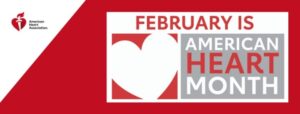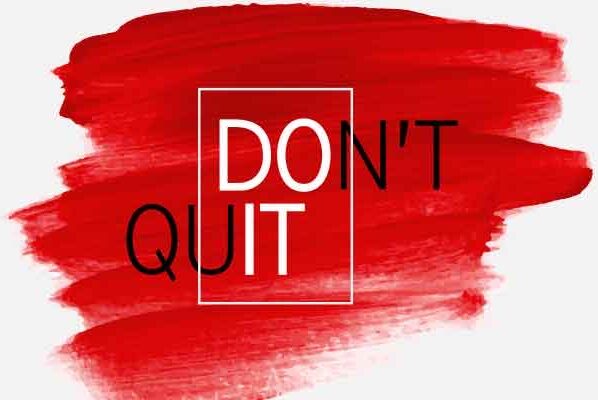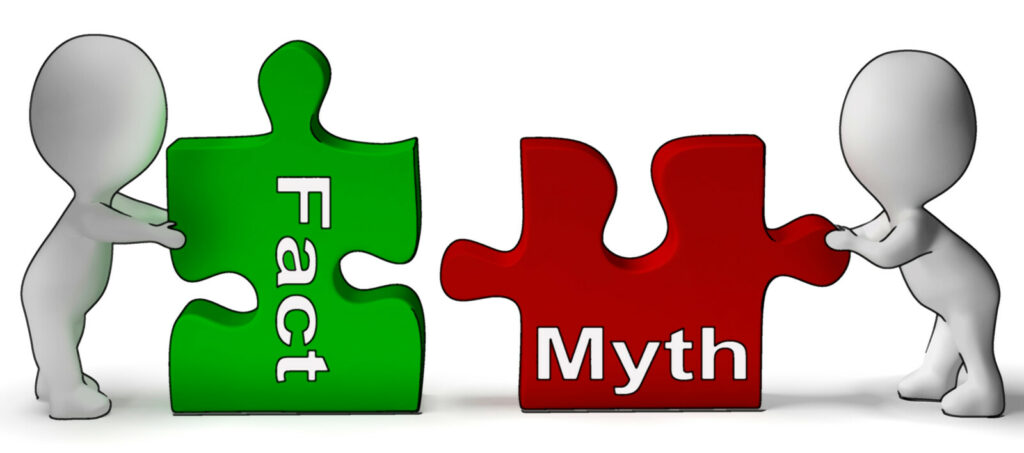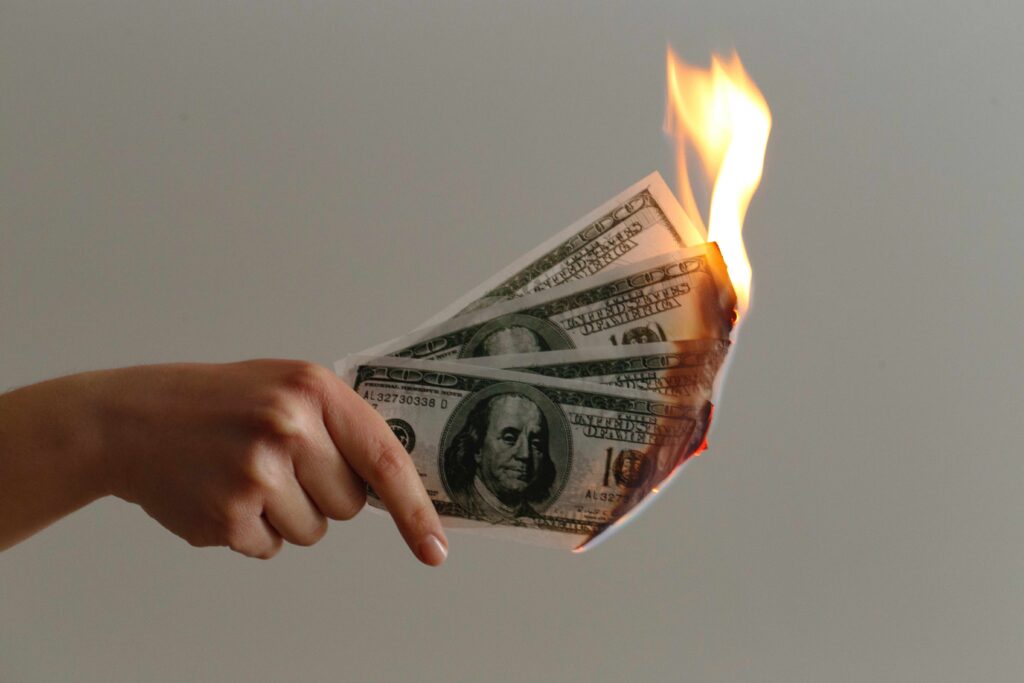 Are you wearing red today? According to the American Heart Association, “On the first Friday of every February, which is designated as American Heart Month, the nation comes together, igniting a wave of red from coast to coast.”
Are you wearing red today? According to the American Heart Association, “On the first Friday of every February, which is designated as American Heart Month, the nation comes together, igniting a wave of red from coast to coast.”
Go Red for Women® is the American Heart Association’s global initiative to end heart disease and stroke in women. Launched in 2004 to close the gap in awareness, Go Red quickly expanded into a worldwide movement dedicated to removing the barriers women face to achieving good health and well-being.
Heart disease is the No. 1 killer of women, killing more women than all forms of cancer combined. Learn what it means to Go Red For Women to help women like you fight back:
G: GET YOUR NUMBERS
Ask your doctor to check your blood pressure and cholesterol.
O: OWN YOUR LIFESTYLE
Stop smoking, lose weight, exercise, and eat healthy.
It’s up to you. No one can do it for you.
R: REALIZE YOUR RISK
We think it won’t happen to us, but heart disease kills one of three women.
E: EDUCATE YOUR FAMILY
Make healthy food choices for you and your family.
Teach your kids the importance of staying active.
D: DON’T BE SILENT
Tell every woman you know that heart disease is our No. 1 killer.
American Heart Month, a federally designated event, is an ideal time to focus on heart health and how that relates to food addiction.
For food addicts, heart health is especially important. Having abused their bodies for years by bingeing and, in some cases, purging, many are at even greater risk for heart disease. Among the risk factors for heart disease are lack of physical activity, eating foods high in saturated and trans fats, obesity, high blood pressure, uncontrolled diabetes, and high cholesterol. All of these things are common in food addicts.
The most effective way to maintain good heart health is for food addicts to eat healthy, nonaddictive foods and exercise.
If you need help, we’re here and if you’re wearing red today, please email us a photo!



 Three Mondays have passed in the first month of this new year. For many food addicts, this is the time that weight loss plans begin to fall apart. The cravings become even more overwhelming after several failed attempts at dieting.
Three Mondays have passed in the first month of this new year. For many food addicts, this is the time that weight loss plans begin to fall apart. The cravings become even more overwhelming after several failed attempts at dieting. I can’t take it anymore.
I can’t take it anymore.  Food addiction recovery takes commitment. So does bingeing. This commitment can be in the form of emotional, physical, spiritual or financial resources. It’s estimated that a food addict spends about $60 per binge. While some food addicts binge three or four times a week, most of the food addicts who come to us are bingeing three or four times a day. At three binges per day, that’s a cost of $180 for one day, $1,260 per week, $5,400 per month.
Food addiction recovery takes commitment. So does bingeing. This commitment can be in the form of emotional, physical, spiritual or financial resources. It’s estimated that a food addict spends about $60 per binge. While some food addicts binge three or four times a week, most of the food addicts who come to us are bingeing three or four times a day. At three binges per day, that’s a cost of $180 for one day, $1,260 per week, $5,400 per month.